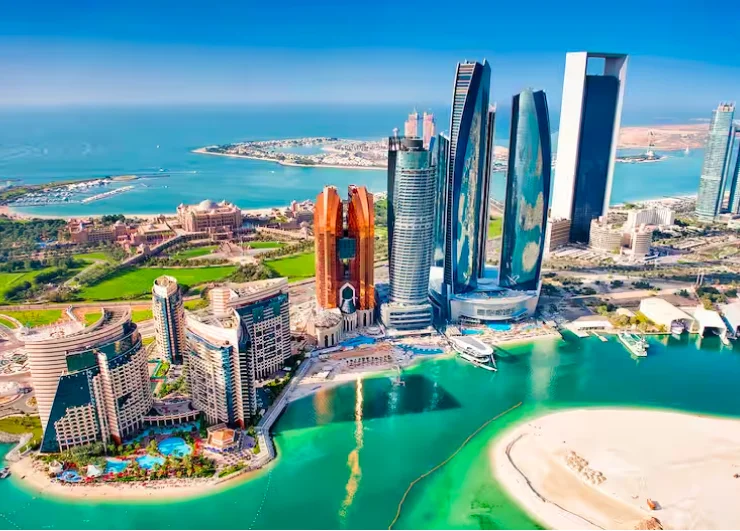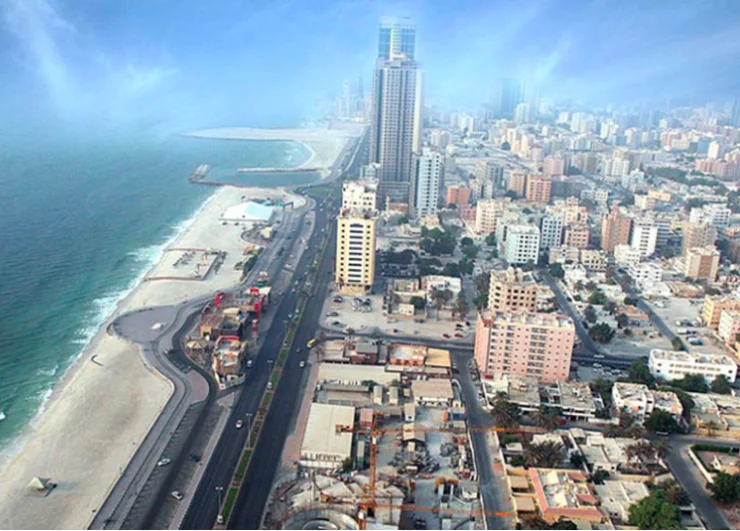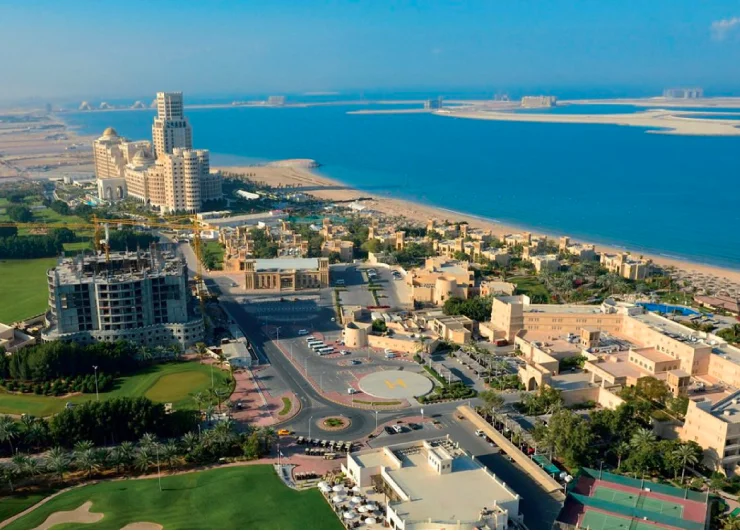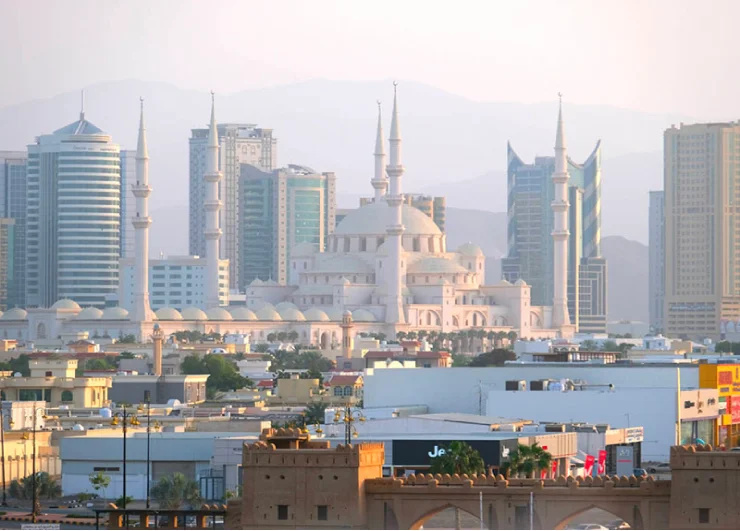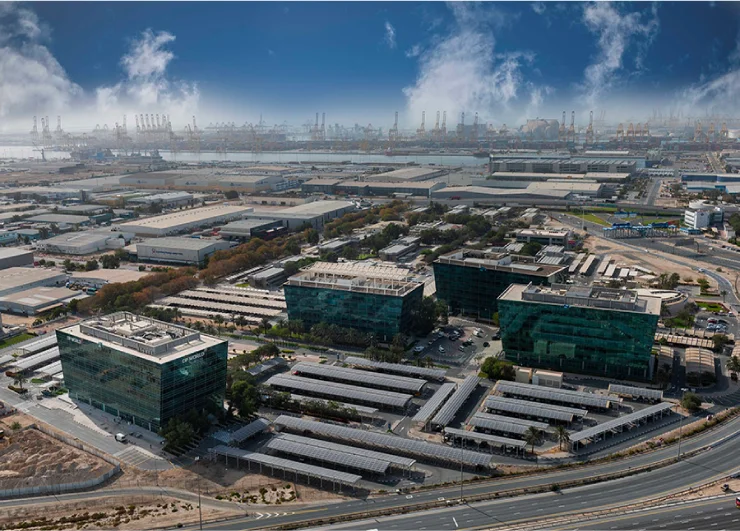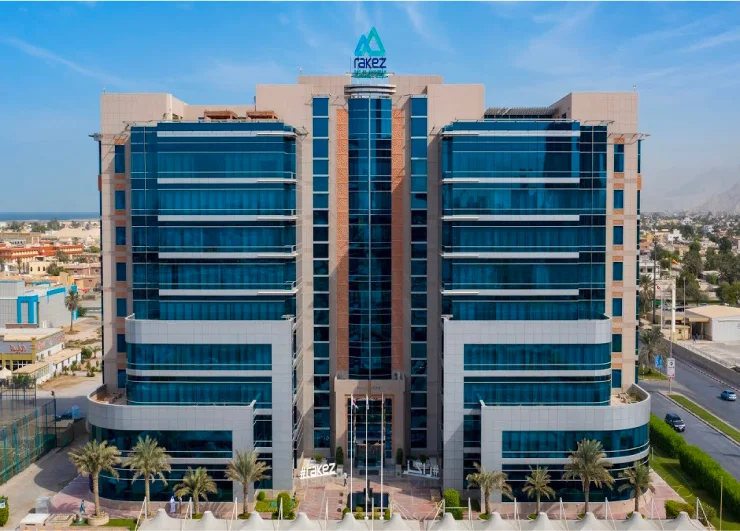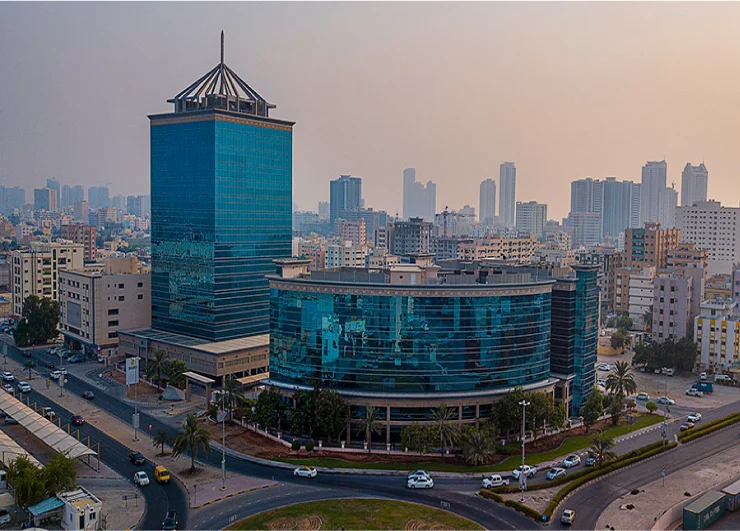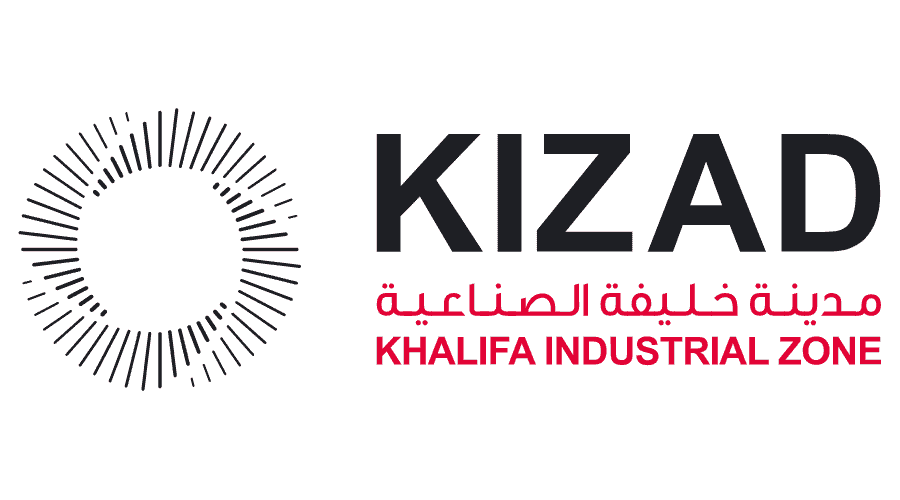
Overview
The administration of Abu Dhabi has a plan for the emirate’s future that it calls Abu
Dhabi Vision 2030. The administration is working very hard to realize this ambition
and make sure that the emirate and Abu Dhabi can both grow diverse economies.
The Abu Dhabi government intended to set up an industrial park next to the recently
constructed Khalifa Port in consideration of the growing number of business
prospects in the capital and the goal of diversifying the economy of the UAE.
KIZAD, or Khalifa Industrial Zone Abu Dhabi, is the name of this industrial area.
Documents required
Visa copy
Copy of passport and photo with white background
Application form for registering business and license
Arabic NOC from the current sponsor applicable to the UAE residence
Educational qualification degree certificate, attestation and translation to Arabic
Types of licenses (permitted activities)
Businesses that trade items, import products, and export goods choose to apply for a KIZAD trading license. A business may trade a variety of goods and products with a general trading license. A business with a general trade license may have 17 product categories organized into three separate product groups.
A service license is required to engage in activities including marketing, restaurant, management consulting, cargo/logistics, warehousing, travel, and tourist services.
The industrial license is the most popular type of business license in KIZAD and is used by numerous businesses. to export the finished and packaged commodities to other nations after importing raw materials, equipment, assembly, and packaging requirements.
KIZAD's minimum share capital requirements are AED 150,000 (about $40,800), however the registrar may impose higher standards. Companies must have at least one shareholder, two directors, a general manager, and a company secretary in order
to comply with KIZAD.
A KIZAD business is deemed to be engaging in industrial manufacturing operations for the purposes of customs duties if:
It can avoid paying customs on imported items that are stored in bonded status in KIZAD and then exported from the UAE since it has 100% non-UAE ownership. The business can also avoid paying tariffs on raw materials and participating in joint ventures with at least a 51% stake. A UAE partner may request a raw material import duty exemption. When produced goods are exported to GCC nations, they are dutyfree.
to comply with KIZAD.
A KIZAD business is deemed to be engaging in industrial manufacturing operations for the purposes of customs duties if:
It can avoid paying customs on imported items that are stored in bonded status in KIZAD and then exported from the UAE since it has 100% non-UAE ownership. The business can also avoid paying tariffs on raw materials and participating in joint ventures with at least a 51% stake. A UAE partner may request a raw material import duty exemption. When produced goods are exported to GCC nations, they are dutyfree.

